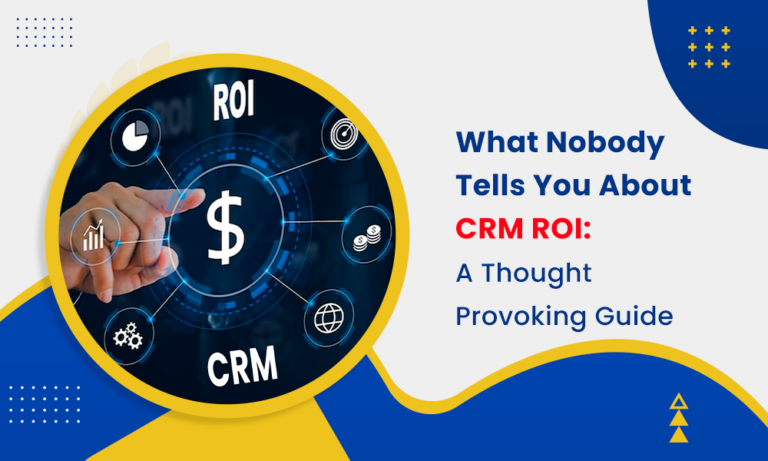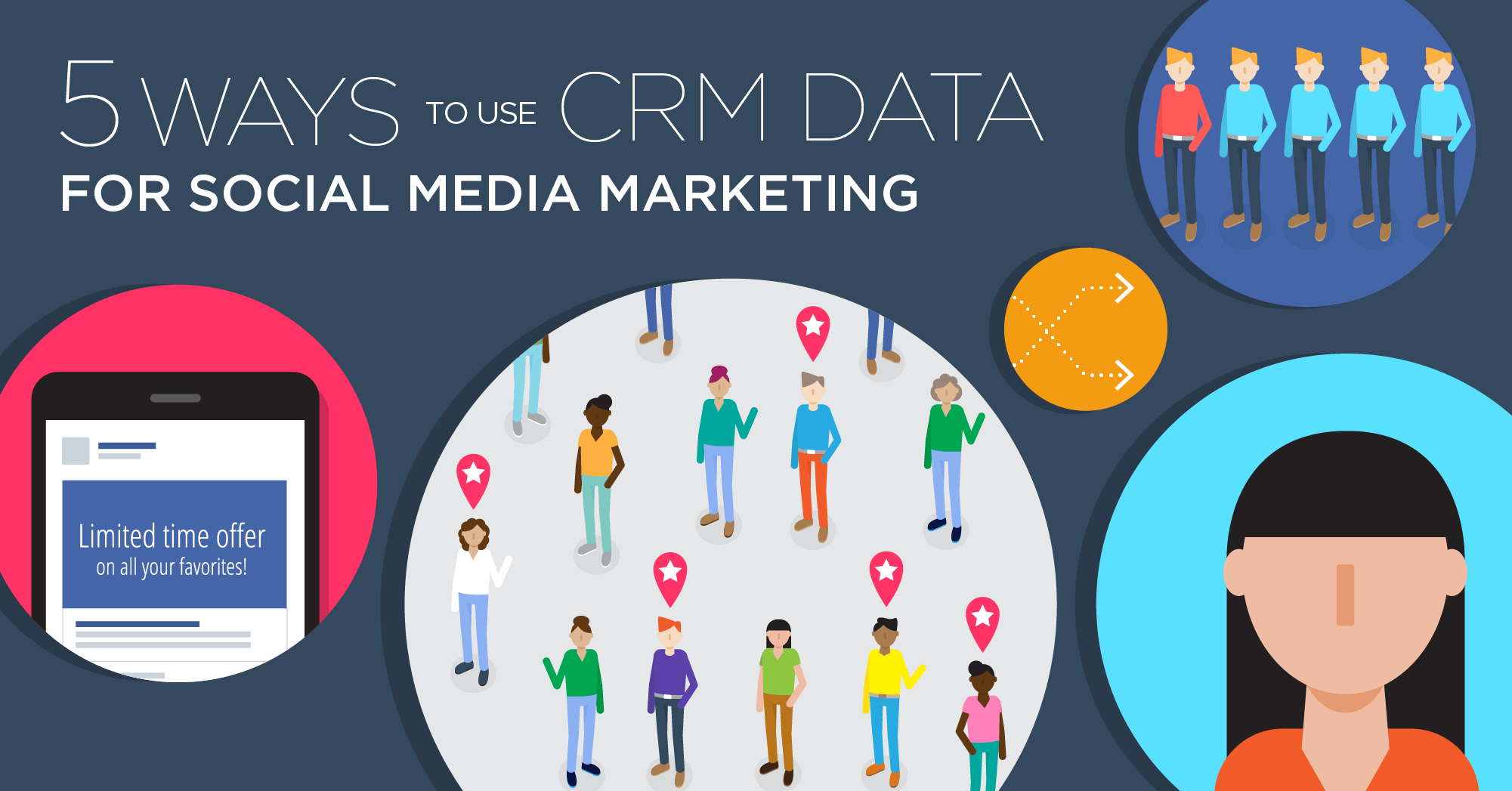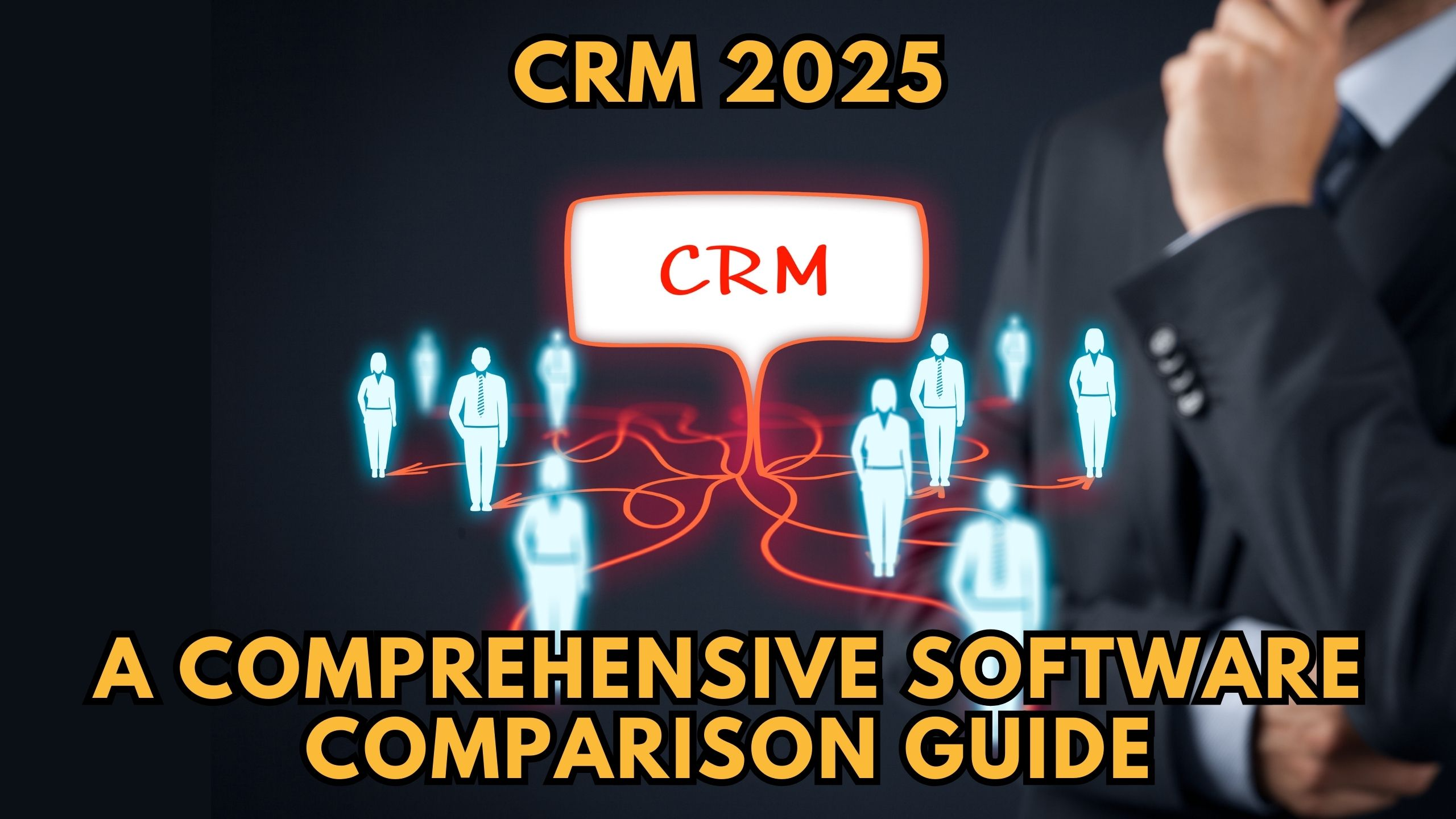CRM Marketing Mastery: Unleashing Customer Retention and Driving Business Growth
In the dynamic landscape of modern business, the ability to not only acquire customers but also to retain them is the cornerstone of sustained success. This is where the power of CRM (Customer Relationship Management) marketing comes into play. CRM marketing is more than just a buzzword; it’s a strategic approach that leverages technology and data to cultivate lasting relationships with customers, fostering loyalty and ultimately, driving revenue growth. This comprehensive guide delves deep into the intricacies of CRM marketing, exploring its various facets, benefits, and practical applications, with a specific focus on customer retention.
Understanding the Fundamentals of CRM Marketing
At its core, CRM marketing revolves around understanding your customers. It’s about gathering, analyzing, and utilizing customer data to personalize interactions, anticipate needs, and deliver exceptional experiences. This proactive approach moves beyond simply selling products or services; it’s about building genuine connections and providing value at every touchpoint. Think of it as crafting a personalized journey for each customer, ensuring they feel understood, valued, and ultimately, inclined to stay.
The foundation of CRM marketing rests on several key pillars:
- Customer Data Collection: This involves gathering information from various sources, including website interactions, social media engagement, purchase history, and customer service interactions. The more comprehensive your data, the better you can understand your customers.
- Data Analysis and Segmentation: Once the data is collected, it needs to be analyzed. This involves identifying patterns, trends, and customer segments. Segmentation allows you to tailor your marketing efforts to specific groups, increasing their effectiveness.
- Personalized Communication: Using the insights gained from data analysis, you can personalize your communications. This includes sending targeted emails, offering relevant product recommendations, and providing customized content.
- Automation: CRM systems often include automation features that streamline marketing tasks, such as sending automated email sequences, triggering personalized offers, and managing social media posts.
- Performance Measurement: CRM marketing is not a set-it-and-forget-it strategy. It requires continuous monitoring and analysis to track key metrics, such as customer acquisition cost, customer lifetime value, and customer retention rate.
The Benefits of CRM Marketing for Customer Retention
The advantages of implementing a robust CRM marketing strategy are manifold, but perhaps the most significant is its impact on customer retention. Happy customers are loyal customers, and loyal customers are the lifeblood of any successful business. Here’s how CRM marketing directly contributes to customer retention:
- Enhanced Customer Understanding: By collecting and analyzing customer data, CRM systems provide a 360-degree view of each customer. This allows you to understand their preferences, needs, and behaviors, enabling you to anticipate their needs and proactively address any concerns.
- Personalized Experiences: Personalization is the key to creating memorable customer experiences. CRM systems allow you to tailor your interactions, offers, and content to individual customer preferences, making them feel valued and understood.
- Improved Customer Service: CRM systems often integrate with customer service platforms, providing agents with access to customer data and history. This enables them to provide faster, more efficient, and more personalized support, resolving issues quickly and effectively.
- Proactive Communication: CRM systems can be used to proactively communicate with customers, providing updates, offers, and relevant information. This helps to keep customers engaged and informed, fostering a sense of connection and loyalty.
- Targeted Marketing Campaigns: CRM systems allow you to segment your customer base and create targeted marketing campaigns that are relevant to specific groups. This increases the likelihood of engagement and conversion, strengthening customer relationships.
- Increased Customer Lifetime Value (CLTV): By retaining customers for longer, CRM marketing directly increases their lifetime value. This means more revenue for your business and a higher return on your marketing investments.
Key Strategies for CRM Marketing and Customer Retention
Implementing a successful CRM marketing strategy requires a well-defined plan and a commitment to execution. Here are some key strategies to consider:
1. Choose the Right CRM System
The first step is to select a CRM system that meets your specific business needs. There are numerous options available, ranging from simple, cloud-based platforms to more complex, enterprise-level solutions. Consider factors such as:
- Scalability: Can the system grow with your business?
- Integration: Does it integrate with your existing systems, such as your website, email marketing platform, and e-commerce platform?
- Features: Does it offer the features you need, such as contact management, lead scoring, sales automation, and marketing automation?
- Ease of Use: Is the system user-friendly and easy to learn?
- Cost: Does it fit within your budget?
Do your research, compare different options, and choose a system that aligns with your business goals and budget.
2. Clean and Organize Your Customer Data
Your CRM system is only as good as the data it contains. Before you start using your CRM, take the time to clean and organize your customer data. This involves:
- Removing duplicates: Eliminate duplicate entries to avoid confusion and ensure accurate reporting.
- Correcting errors: Fix any errors in customer data, such as incorrect email addresses or phone numbers.
- Standardizing data: Use consistent formatting for data fields, such as addresses and phone numbers.
- Enriching data: Add missing information to customer profiles, such as demographics and purchase history.
Regular data cleansing is crucial for maintaining data accuracy and ensuring the effectiveness of your CRM marketing efforts.
3. Segment Your Customer Base
Customer segmentation is the process of dividing your customer base into distinct groups based on shared characteristics, such as demographics, purchase history, and behavior. This allows you to tailor your marketing efforts to specific groups, increasing their relevance and effectiveness.
Common segmentation criteria include:
- Demographics: Age, gender, location, income, etc.
- Purchase history: Products purchased, frequency of purchases, average order value, etc.
- Behavior: Website activity, email engagement, social media activity, etc.
- Customer lifecycle stage: New customers, repeat customers, lapsed customers, etc.
Once you’ve segmented your customer base, you can create targeted marketing campaigns that are relevant to each group.
4. Personalize Your Communications
Personalization is key to creating memorable customer experiences. Use the data you’ve collected in your CRM system to personalize your communications. This includes:
- Personalized email subject lines: Use the customer’s name or reference a recent purchase to grab their attention.
- Personalized email content: Recommend products based on their purchase history or browsing behavior.
- Personalized website content: Display different content to different customer segments.
- Personalized offers and promotions: Offer discounts and promotions based on their preferences or behavior.
Personalization demonstrates that you understand and value your customers, making them feel more connected to your brand.
5. Automate Your Marketing Efforts
Marketing automation is the process of using software to automate repetitive marketing tasks, such as sending emails, managing social media posts, and nurturing leads. This frees up your time to focus on more strategic initiatives.
Common automation tasks include:
- Welcome emails: Send a welcome email to new customers or subscribers.
- Abandoned cart emails: Send an email to customers who have abandoned their shopping carts.
- Nurturing sequences: Send a series of emails to nurture leads and move them through the sales funnel.
- Re-engagement campaigns: Send emails to lapsed customers to encourage them to return.
Automation can significantly improve your marketing efficiency and effectiveness.
6. Provide Excellent Customer Service
Excellent customer service is essential for customer retention. Use your CRM system to provide faster, more efficient, and more personalized support. This includes:
- Tracking customer interactions: Keep track of all customer interactions, including emails, phone calls, and chat conversations.
- Providing quick responses: Respond to customer inquiries promptly.
- Resolving issues effectively: Resolve customer issues quickly and efficiently.
- Empowering your support team: Provide your support team with access to customer data and history.
Happy customers are more likely to become loyal customers.
7. Measure and Analyze Your Results
CRM marketing is not a set-it-and-forget-it strategy. It requires continuous monitoring and analysis to track your progress and make adjustments as needed. Track key metrics, such as:
- Customer acquisition cost (CAC): The cost of acquiring a new customer.
- Customer lifetime value (CLTV): The predicted revenue a customer will generate over their relationship with your business.
- Customer retention rate: The percentage of customers who remain customers over a specific period.
- Churn rate: The percentage of customers who stop doing business with you.
- Conversion rates: The percentage of customers who complete a desired action, such as making a purchase.
Use these metrics to evaluate the effectiveness of your CRM marketing efforts and identify areas for improvement.
Integrating CRM with Other Marketing Strategies
CRM marketing doesn’t exist in a vacuum. It’s most effective when integrated with other marketing strategies to create a cohesive and customer-centric approach. Here’s how CRM can be integrated with other key marketing initiatives:
1. Email Marketing
CRM systems and email marketing platforms often integrate seamlessly. This allows you to segment your email list based on customer data stored in your CRM, personalize email content, and track email performance. This integration allows you to send targeted email campaigns, such as welcome emails, abandoned cart emails, and product recommendations, to nurture leads and drive conversions.
2. Social Media Marketing
CRM can be integrated with social media platforms to gather customer data from social media interactions, monitor brand mentions, and engage with customers. This allows you to track customer sentiment, respond to inquiries, and personalize your social media content. You can also use CRM data to target specific customer segments with social media advertising campaigns, increasing their effectiveness.
3. Content Marketing
CRM data can inform your content marketing strategy by helping you understand your audience’s interests, needs, and pain points. By analyzing customer data, you can create targeted content that resonates with specific customer segments. You can also use CRM to track content performance and measure its impact on customer engagement and conversions. This includes creating blog posts, videos, and other content that addresses customer needs and provides value.
4. Sales Enablement
CRM systems are often used by sales teams to manage leads, track sales opportunities, and close deals. By integrating CRM with sales enablement tools, you can provide your sales team with access to customer data and insights, enabling them to personalize their sales interactions and close more deals. This can involve providing sales representatives with customer profiles, sales history, and lead scoring information.
5. Website Personalization
CRM data can be used to personalize your website experience for each visitor. By integrating your CRM with your website platform, you can display different content, offers, and calls to action to different customer segments. This can significantly improve website engagement, conversions, and customer satisfaction. This might include showing different product recommendations based on past purchases or displaying tailored messaging based on a customer’s location.
Overcoming Challenges in CRM Marketing
While CRM marketing offers numerous benefits, there are also challenges to consider. Here are some common hurdles and how to overcome them:
- Data Quality Issues: Inaccurate, incomplete, or outdated data can undermine the effectiveness of your CRM efforts. Regularly clean and update your data to ensure its accuracy.
- Lack of Integration: If your CRM system doesn’t integrate with other systems, such as your email marketing platform or e-commerce platform, you’ll miss out on valuable opportunities to personalize your marketing efforts. Choose a CRM system that integrates with your existing systems.
- Employee Resistance: Implementing a new CRM system can be challenging for employees who are accustomed to using different tools or processes. Provide adequate training and support to ensure that employees understand how to use the system and its benefits.
- Data Privacy Concerns: With growing concerns about data privacy, it’s crucial to comply with all relevant regulations, such as GDPR and CCPA. Be transparent with your customers about how you collect and use their data, and provide them with control over their data.
- Lack of a Clear Strategy: Without a clear CRM marketing strategy, you may struggle to achieve your goals. Develop a well-defined plan that outlines your objectives, target audience, and marketing tactics.
- Difficulty Measuring ROI: It can be challenging to measure the return on investment (ROI) of your CRM marketing efforts. Track key metrics, such as customer acquisition cost, customer lifetime value, and customer retention rate, to evaluate your progress and make adjustments as needed.
Future Trends in CRM Marketing
The landscape of CRM marketing is constantly evolving. Staying abreast of the latest trends can help you stay ahead of the competition and maximize the effectiveness of your efforts. Here are some emerging trends to watch:
- Artificial Intelligence (AI): AI is transforming CRM marketing by automating tasks, personalizing customer experiences, and providing valuable insights. AI-powered chatbots can provide instant customer support, while AI-driven analytics can predict customer behavior and identify opportunities for cross-selling and upselling.
- Hyper-Personalization: Customers expect highly personalized experiences. CRM systems are enabling marketers to deliver hyper-personalized content, offers, and recommendations based on individual customer preferences and behaviors.
- Omnichannel Marketing: Customers interact with brands across multiple channels, including email, social media, and mobile devices. CRM systems are helping marketers to create a seamless omnichannel experience, providing customers with consistent and personalized interactions across all channels.
- Customer Data Platforms (CDPs): CDPs are becoming increasingly popular as a central hub for customer data. They collect, unify, and analyze customer data from multiple sources, providing marketers with a comprehensive view of their customers.
- Data Privacy and Security: With increasing concerns about data privacy, CRM systems are focusing on data security and compliance with regulations such as GDPR and CCPA.
Conclusion: Embracing CRM Marketing for Long-Term Success
CRM marketing is no longer a luxury; it’s a necessity for businesses seeking to thrive in today’s competitive environment. By embracing a customer-centric approach, leveraging the power of data, and implementing the right strategies, you can transform your customer relationships, foster loyalty, and drive sustainable business growth. From choosing the right CRM system to personalizing your communications and providing excellent customer service, the steps to successful CRM marketing are clear. By staying informed about the latest trends and continuously refining your approach, you can build lasting relationships with your customers and achieve long-term success. Remember, in the world of CRM marketing, the customer is always at the center, and their satisfaction is the ultimate measure of success.




